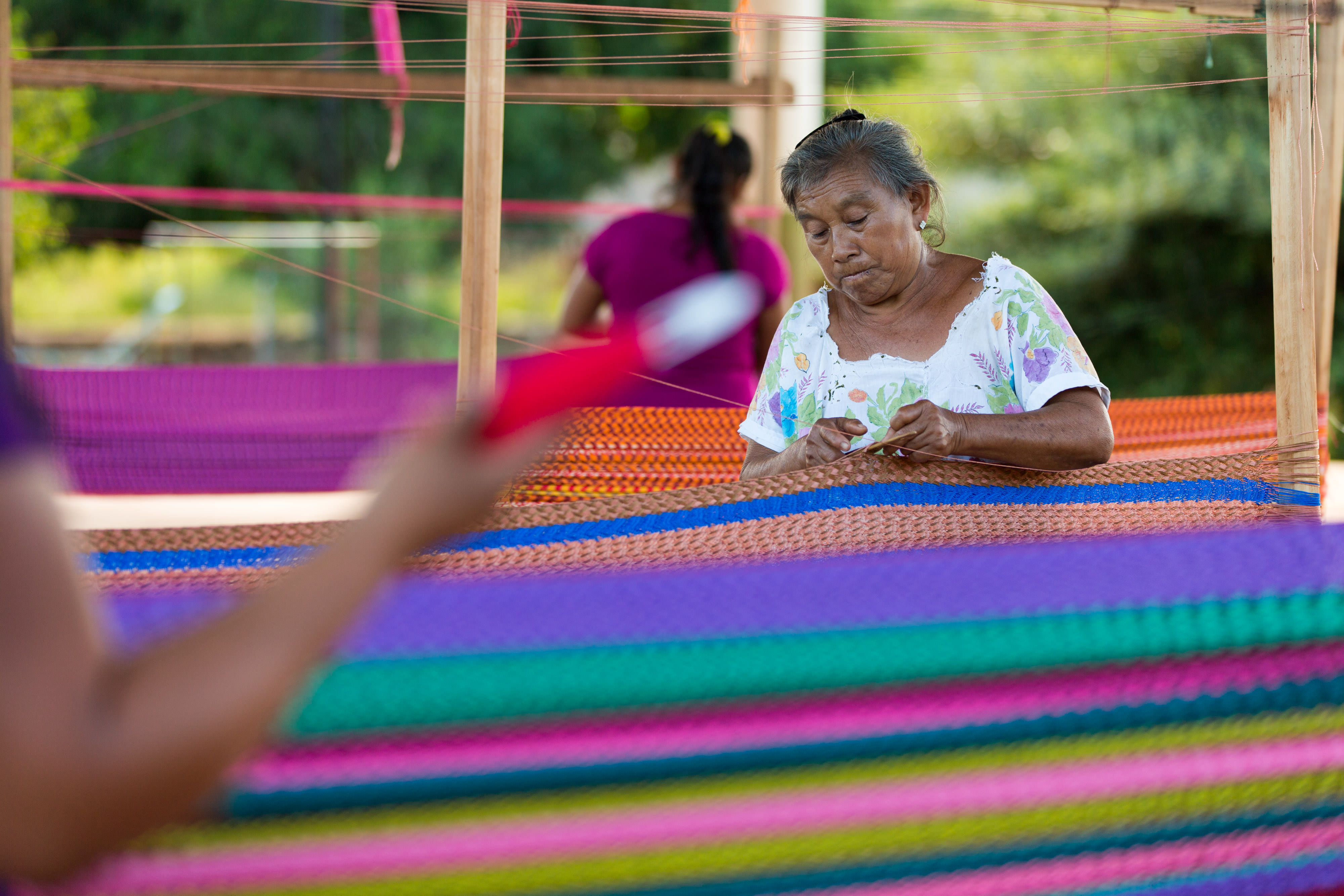Want to Save the Planet? Empower Women
By Erin Myers Madeira, Global Program Lead for Indigenous Peoples and Local Communities
According to the World Economic Forum’s 2017 Global Gender Gap Report, gender parity—a statistical measure of a particular indicator between women and men, like access to education or income—is still 200 years away based on the current rate of progress. But as interest and global activism around women’s equality grows, there is strong momentum behind the goal of gender parity, which brings with it progress on everything from rural development to economic growth to conservation.
The International Women’s Day campaign theme #PressforProgress examines the growing energy around the movement towards gender parity and the benefits that come with it. For The Nature Conservancy, staff have seen this change first hand in Northern Tanzania, working with communities on land rights issues through the Northern Tanzania Rangelands Initiative (NTRI), a coalition of ten partners. Leah Orwangas from Sukuro village is one such success story of bringing gender parity closer towards equality.
A widow and grandmother of 21 grandchildren, Leah’s land was almost taken from her by another man when her husband died. Like many Maasai women, Leah was not educated on her rights to her land and a man took it from her to cultivate and brought the case to court. But with counsel and knowledge sharing from Ujamaa Community Resource Team (UCRT), a partner of the NTRI, Leah won and regained her rights to her land. Leah now educates other women in her community about their rights to their land, their right to vote, their right to participate and speak in Village General Assemblies, and their rights to help protect and manage the land they all depend on.
According to Project Drawdown, educating women and girls is the sixth most important action the world can take to mitigate climate change. Women and girls who are educated have more control to actively manage their reproductive health, realize higher wages and experience greater upward mobility, leading to overall economic growth. Educated women and girls can then be more effective stewards of their land and water, and gain greater capacity to adapt to shocks of natural disasters and extreme weather events driven by climate change. This can be seen on the ground clearly in Northern Tanzania.
Northern Tanzania’s rangelands stretch across more than seven million acres and are home to migrating wildlife, as well pastoralists and hunter-gatherer tribes who have lived on this landscape for thousands of years. But important wildlife corridors that help animals move between wet and dry season habitats are being squeezed as human populations grow.
Women play critical roles in food production and land management and their lack of knowledge about their rights to this land poses a threat to the health of their families and the wildlife who depend on a healthy landscape. Studies have shown that when women have secure land rights, they have higher economic gain, the land is more efficiently used and agricultural investment and production increased. This proves true not just for Tanzania, but other African countries as well. In Rwanda, for example, 19 percent of women with formalized rights engaged in soil conservation, compared to just 10 percent of men with the land rights.
Quote
When women have secure land rights, they have higher economic gains and the land is more efficiently.
There is no shortage of research (from the UN, the World Bank, the IFPRI and others) showing that when women have formal right to communal land there are economic and ecological benefits. So why is there still such a disparity between men and women who have formal rights to their land? Since 2011, TNC has supported community members in securing official title to one million acres of traditional homelands, including Leah’s case through the NTRI. However, boundaries like limited educational opportunities for women, inadequate protection from gender-based discrimination in customary land transactions and lack of legal support for women to enforce their rights to their land all continue to add to this disparity.
Working alongside campaigns like #PressforProgress, The Nature Conservancy will continue to follow its mission to build a world where people and nature thrive. The empowerment of women is critical to protecting and managing the landscapes where the Conservancy works and in helping move even closer to a time when there is no disparity between genders.
Global Insights
Check out our latest thinking and real-world solutions to some of the most complex challenges facing people and the planet today.

